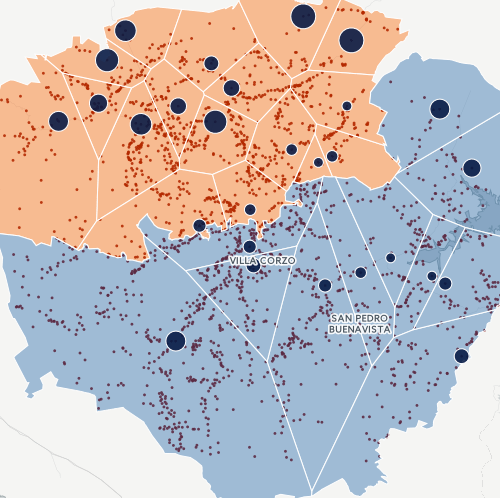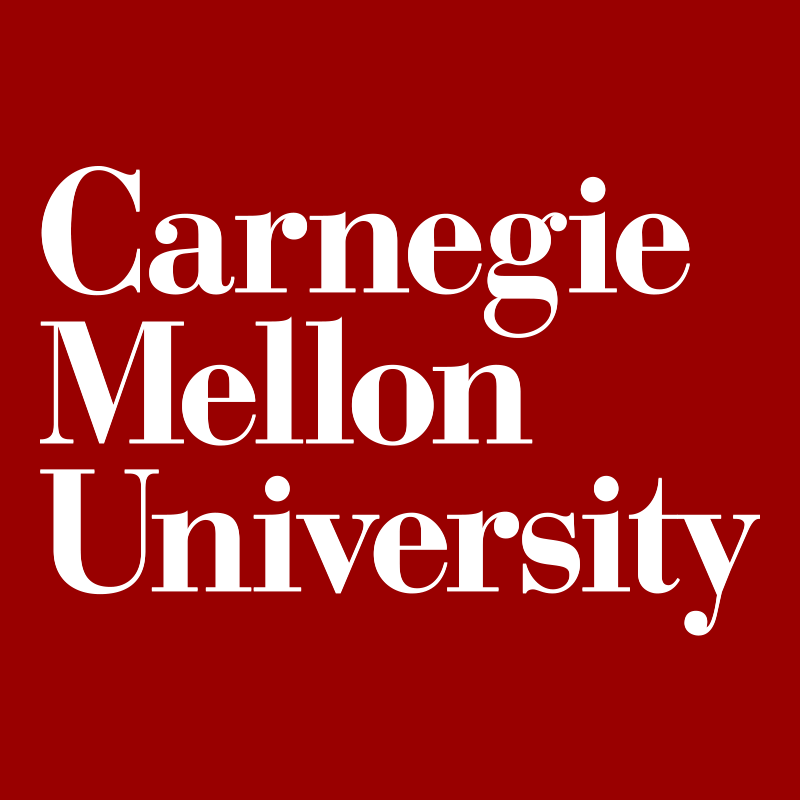Local layered algorithmic model for topological design of rural telecommunications networks
Conference Paper, 2016
Presented on the International Conference on Operations Research for Development, ICORD 2016. The paper aims to present local layered algorithmic model for the topological design of rural telecommunications networks, which can be used to estimate the infrastructure requirements and associated costs that are necessary to deliver broadband coverage to unconnected rural communities in Mexico. Check the slides here.







